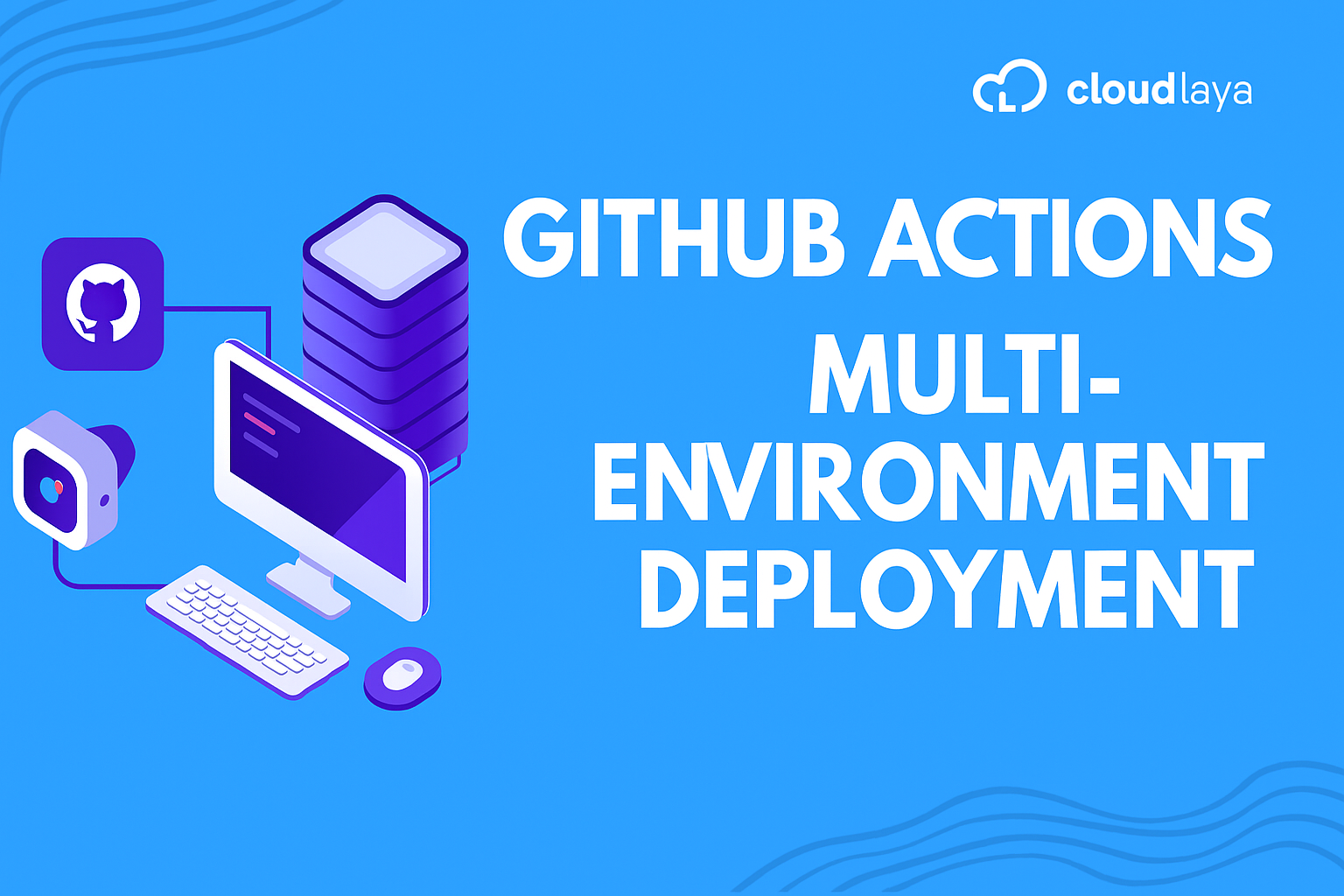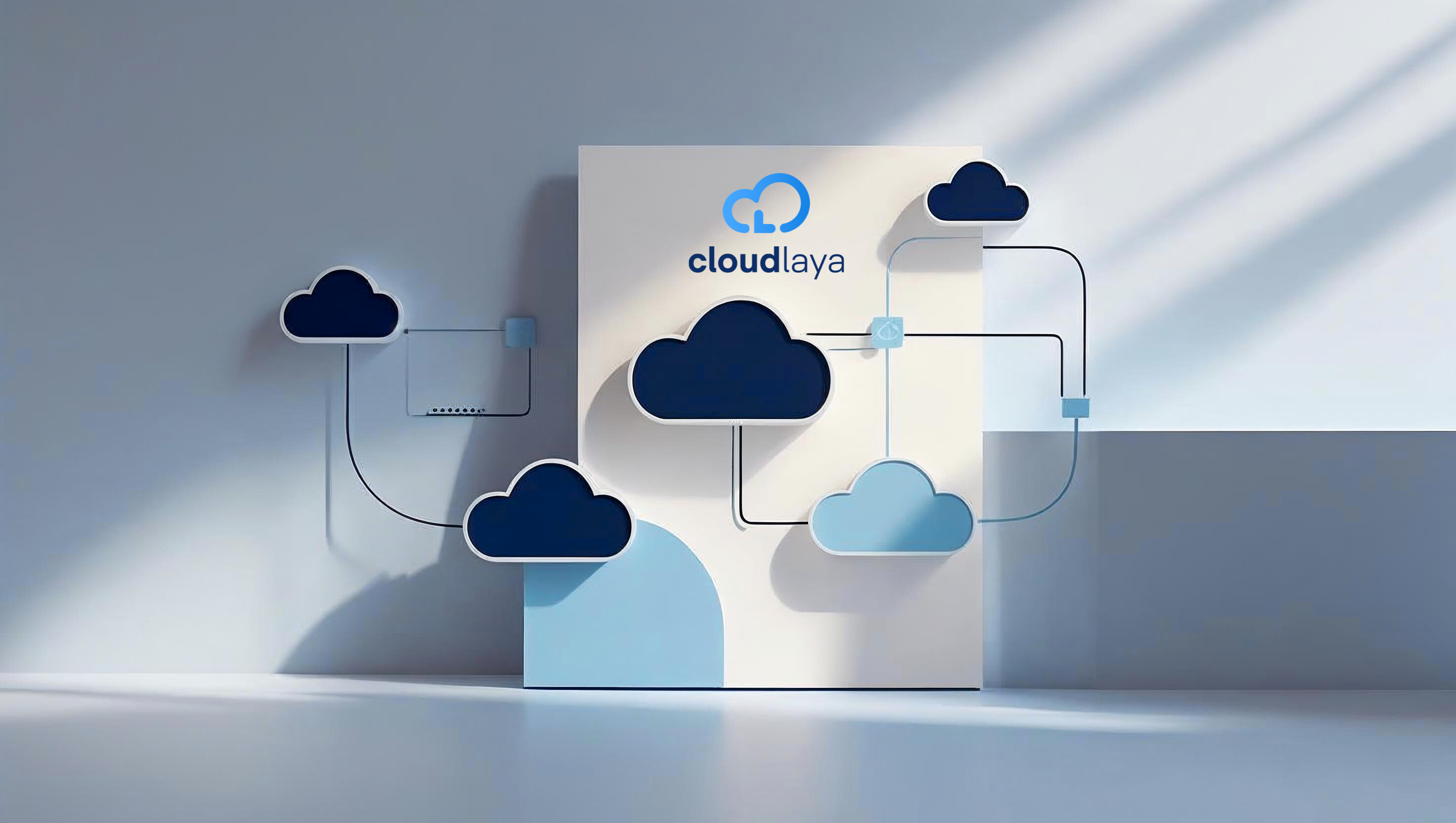
DevOps in Nepal- Achieving the Best Results
In the high-flying world of IT innovation, DevOps stands as a pivotal crossroads where development and operations converge, promising elevated efficiencies and accelerated time-to-market for organizations worldwide. However, the virtues and application of DevOps in Nepal’s unique burgeoning digital landscape take on a distinctive significance.
DevOps isn’t just a tech buzzword but a strategic wave of change known for unifying software development (Dev) and software operation (Ops). It fosters a culture where both teams work together—emphasizing communication, collaboration, integration, and automation. In Nepal, where technological adoption is rapidly increasing, understanding and implementing DevOps can serve as a catalyst for competitive differentiation and long-term sustainability.
Table of Contents
Qualities to Look For in a Reliable DevOps Provider
Selecting a DevOps provider can be a daunting task, especially in a market that’s still navigating its digital transition. To harness the full potential of DevOps in Nepal’s ecosystem, businesses need to partner with providers that offer a blend of technical prowess and cultural alignment.
Technical Expertise
Before signing on the dotted line, ensure that your DevOps provider boasts a track record of successful projects. Assess their knowledge of tools and technologies, such as Kubernetes, Docker, Jenkins, and Ansible, that are fundamental to a robust DevOps setup.
Communication Skills
Flawless technical capabilities can be rendered meaningless without clear communication. It’s imperative that the DevOps provider you choose can translate complex technical jargon into actionable plans and outcomes that both the IT and business sides can comprehend.
Collaboration Culture
The essence of DevOps lies in fostering a collaborative environment. Look for a provider that integrates well not just within your IT department but across all business functions. Their ability to work seamlessly with your teams, vendors, and clients will be critical to your project’s success.
The Significance of Customer Support and SLAs
Refrains on technical prowess can lead to underestimating the role of robust customer support and service level agreements (SLAs). While Nepal’s tech landscape is vibrant, it’s still maturing, and businesses often require additional support navigating the intricacies of new technologies.
24/7 Availability
The digital era knows no downtime, and your DevOps provider’s support should reflect that. An around-the-clock service not only offers peace of mind but also rapid troubleshooting and issue resolution, ensuring your systems operate at peak efficiency.
Tailored Solutions
One size does not fit all, particularly in DevOps where customizations can lead to superior performance. A provider who invests in understanding your business’s unique challenges and tailoring solutions accordingly can spell the difference between merely functioning and truly excelling.
Transparent SLAs
Clear and comprehensive SLAs set expectations and commitments in black and white. These should encompass all aspects of the DevOps service, from system uptime to response times for incidents. An SLA isn’t just a document; it’s a pledge that your DevOps partner takes its role in your business seriously.
Nepalese Success Stories in the DevOps Scene
Straight from the rugged peaks of the Himalayas to the expansive horizons of the digital realm, Nepali companies are finding remarkable success by harnessing DevOps. These tales of triumph underline not just the eventual technological outcomes but the strategic acumen that pilots these initiatives towards success.
E-commerce Leap
Imagine a Nepali e-commerce startup that transcends localization to attain a global footprint. Fueling their growth is a robust DevOps engine that not only manages the complexities of international transactional support but also optimizes the user experience, regardless of the user’s geographical location.
Financial Services’ Digital Odyssey
In the financial sector, particularly banking in Nepal, there’s often a stark contrast between the traditional and the technologically advanced institutions. The latter, propelled by DevOps, doesn’t just survive but thrives—offering better services, enhanced security, and agile responsiveness to market changes.
Government and Public Services Rejuvenation
Gone are the days when government services in Nepal were synonymous with bureaucracy and red tapes. With a DevOps infusion, public services have undergone a digital metamorphosis, providing citizens with quicker and more efficient services, ranging from healthcare access to public utility management.
Best Practices for DevOps Implementation in Nepal
The successful implementation of a DevOps strategy hinges on foundational practices that must not be overlooked. Below are some of the best practices:
Cultivating the Right Mindset
DevOps is much more than a set of tools—it’s a mindset. It’s about continuous learning, adaptation, and improvement. By instilling this principle across the organization, you pave the way for a successful DevOps adoption.
Automation as the Engine of Efficiency
In a DevOps environment, automating repetitive, low-risk tasks frees up resources to focus on higher-value activities. In the context of Nepal, where skilled resources can be a precious rarity, the liberation that comes with automation can be particularly empowering.
Cloud Security as a Non-negotiable
Nepal’s enterprises are as susceptible to the global scourge of cyber threats as any other. DevOps not only focuses on rapid deployment but also emphasizes security—embedding it into the development process rather than treating it as an afterthought.
Tools and Technologies of the Nepalese DevOps Scene
For DevOps to thrive, the right set of tools is indispensable. In the nascent stages of DevOps in Nepal, adoption of these tools can catalyze operational efficiency and innovation.
Jenkins for Continuous Integration
Jenkins remains a stalwart in the realm of Continuous Integration/Continuous Deployment (CI/CD). In Nepal, its versatility and open-source nature make it an attractive choice for organizations looking to streamline their development pipelines.
Kubernetes for Container Orchestration
Kubernetes has become the de facto standard for container orchestration, aiding in deployment, scaling, and automated operations of application containers. In Nepal’s landscape, it’s particularly potent for handling high traffic and ensuring application uptime.
Ansible for Infrastructure as Code
In the quest for efficiency, Infrastructure as Code (IaC) enables the management of infrastructure through code. In Nepal, Ansible’s simplicity and scalability appeal to teams aiming to automate infrastructure provisioning and configuration management.
A Call to Action for Nepali Enterprises
DevOps adoption is not a luxury; it’s a necessity for businesses striving to remain relevant and competitive in Nepal’s evolving market. It’s a commitment to agility, quality, and innovation—a trifecta that paves the path for sustained success.
The challenges are real, but so are the opportunities. By initiating or reinforcing your DevOps strategy, your business equips itself to not only tackle the challenges of today but to sculpt a future of efficiency and excellence.
And the resounding truth for Nepal’s enterprises is clear: DevOps is not just an abstract concept; it’s a practical and powerful pivot towards a promising digital future. It’s high time to engage in the DevOps discourse and bring forth Nepal’s narrative of technological transcendence.

As a seasoned DevSecOps Consultant, I specialize in ensuring the reliability, scalability, and security of cloud infrastructure and applications that are crucial for my clients’ success.


